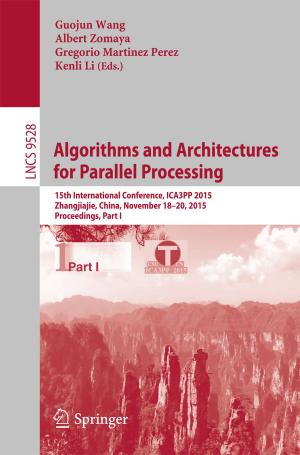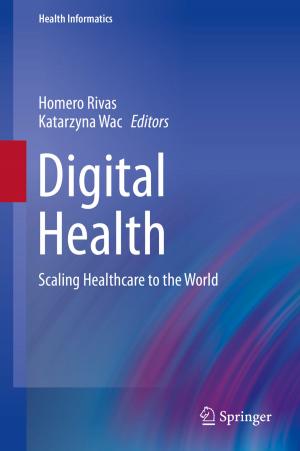Open Data in Southeast Asia
Towards Economic Prosperity, Government Transparency, and Citizen Participation in the ASEAN
Nonfiction, Social & Cultural Studies, Political Science, Politics, Economic Policy, Business & Finance, Economics| Author: | Manuel Stagars | ISBN: | 9783319321707 |
| Publisher: | Springer International Publishing | Publication: | June 27, 2016 |
| Imprint: | Palgrave Macmillan | Language: | English |
| Author: | Manuel Stagars |
| ISBN: | 9783319321707 |
| Publisher: | Springer International Publishing |
| Publication: | June 27, 2016 |
| Imprint: | Palgrave Macmillan |
| Language: | English |
This book explores the power of greater openness, accountability, and transparency in digital information and government data for the nations of Southeast Asia. The author demonstrates that, although the term “open data” seems to be self-explanatory, it involves an evolving ecosystem of complex domains. Through empirical case studies, this book explains how governments in the ASEAN may harvest the benefits of open data to maximize their productivity, efficiency and innovation. The book also investigates how increasing digital divides in the population, boundaries to civil society, and shortfalls in civil and political rights threaten to arrest open data in early development, which may hamper post-2015 development agendas in the region. With robust open data policies and clear roadmaps, member states of the ASEAN can harvest the promising opportunities of open data in their particular developmental, institutional and legal settings. Governments, policy makers, entrepreneurs and academics will gain a clearer understanding of the factors that enable open data from this timely research.
This book explores the power of greater openness, accountability, and transparency in digital information and government data for the nations of Southeast Asia. The author demonstrates that, although the term “open data” seems to be self-explanatory, it involves an evolving ecosystem of complex domains. Through empirical case studies, this book explains how governments in the ASEAN may harvest the benefits of open data to maximize their productivity, efficiency and innovation. The book also investigates how increasing digital divides in the population, boundaries to civil society, and shortfalls in civil and political rights threaten to arrest open data in early development, which may hamper post-2015 development agendas in the region. With robust open data policies and clear roadmaps, member states of the ASEAN can harvest the promising opportunities of open data in their particular developmental, institutional and legal settings. Governments, policy makers, entrepreneurs and academics will gain a clearer understanding of the factors that enable open data from this timely research.















